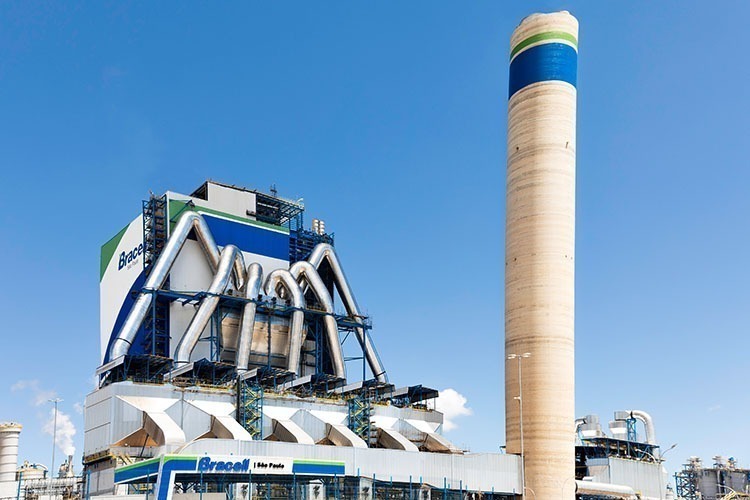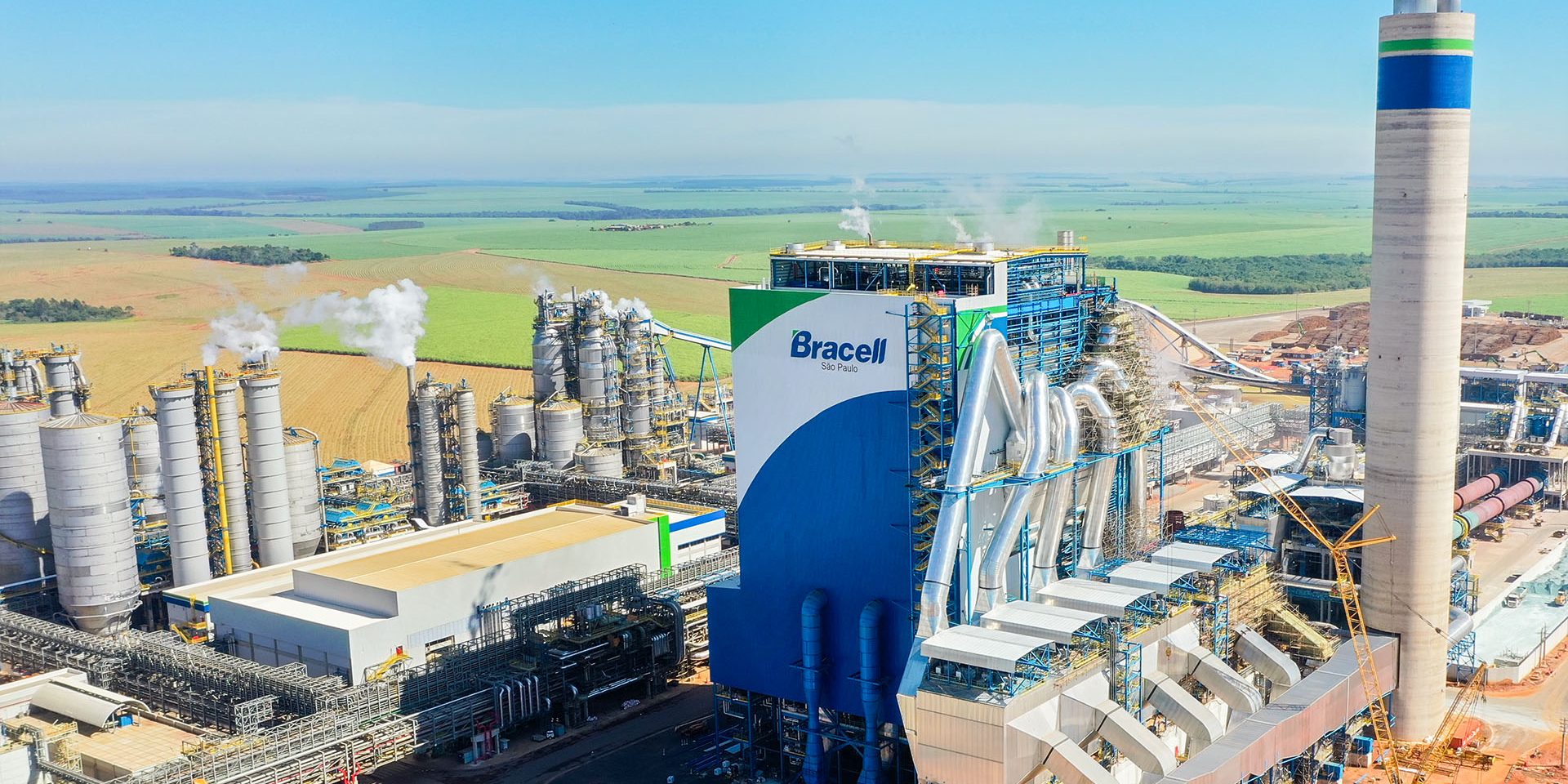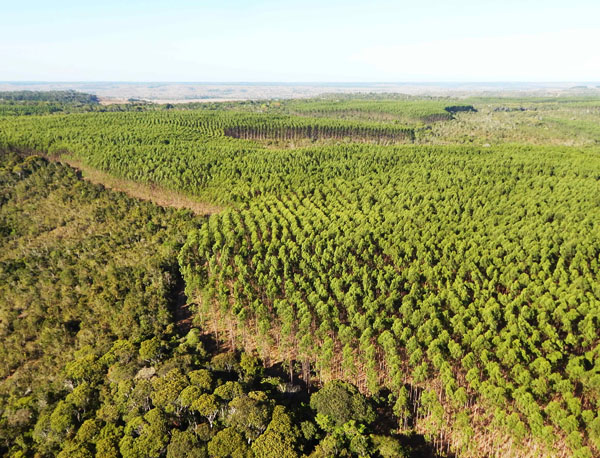Construction of the factory was completed on time and on budget and began operations in November 2021
Bracell, a global leader in dissolving pulp production and a member of the RGE group of companies, received strong support from Brazilian and international banks, raising US$ 1.8 billion through syndicated loans. The amount financed the development of the largest and greenest pulp mill in the world located in Lençóis Paulista, São Paulo. Construction of the factory was completed on time and on budget and began operations in November 2021.

Bracell is vertically integrated in its supply chain, from renewable fiber plantations to the production of kraft pulp, dissolving pulp and specialty pulp that are sold domestically and internationally. Soluble and specialty cellulose are among the main raw materials used to create a wide range of products, from textiles, wet wipes and eyeglass frames to sausage and pharmaceutical packaging, as well as industrial products such as high-speed tire cords. performance.
Mr. Tey Wei Lin, President of RGE said: “The financing, representing the largest private investment in the state of São Paulo in the last two decades, demonstrates our continued investments in Brazil. We are proud of our team, who have delivered solid project execution and keep the factory running despite the challenges posed by the pandemic. The world’s largest and greenest pulp mill endorses our commitment to sustainable development, conservation and community development, a guideline that guides our operations globally. Soluble cellulose is renewable and biodegradable, meeting the growing trend and customer preference for the use of sustainable products.”
A new generation, sustainable pulp mill that has the best and latest technology for the sector, without the use of fossil fuels. It is designed with key innovations, including a biorefinery that controls the input of materials to maximize recycling, minimize waste and significantly reduce the environmental footprint, resulting in low water consumption and low emissions. With two flexible production lines, it can produce 1.5 million tons of dissolving pulp per year or between 2.6 million and 2.8 million tons of kraft pulp per year. In addition, it is self-sufficient in energy, and the surplus of clean, high-quality energy is made available in the National Interconnected System. The factory employed more than 11,000 employees during the peak of construction and created 6,650 permanent jobs for the local community.
The seven-year syndicated loan banks are co-led by Banco Bradesco and Bank of China, with participation by Banco Itaú, China Minsheng Bank, Banco do Brasil, Bladex and Safra.
Pedro Stefanini, Senior Vice President of Bracell, said: “This line of credit and the continued investment in our operations show the potential for pulp growth in Brazil and in international markets. Our ambition is not only to be one of the largest pulp operations in the world, but also one of the most socially and environmentally responsible companies. We are proud to have built a factory that sets the highest standards for sustainable use of renewable resources while simultaneously creating thousands of jobs and career opportunities for people in Brazil.”
For Bruno Boetger, Executive Director of Banco Bradesco: “At Banco Bradesco, we are proud to lead and syndicate the domestic portion of the financing that supports this project. This is a remarkable investment by Bracell and serves to further boost the competitiveness of the Brazilian and global pulp and paper industry. Banco Bradesco maintains a long-term relationship with Bracell and, with the support of other major national creditors, our partnership reflects the strong track record of doing business with a member of the RGE group of companies.” Mr. Li Fang, Executive Vice President, Global Advanced Corporate Finance Center at Bank of China, said: “It is a great pleasure for Bank of China to complete such an important Brazilian deal, particularly since our country’s 14th five-year anniversary. The plan continues to support Macau in strengthening its status as a platform for connecting China and Portuguese-speaking countries. The project means a closer economic link between Brazil and China, as its pulp will mainly serve the Chinese market, where it has the largest and growing demand for dissolving pulp in the world.”



